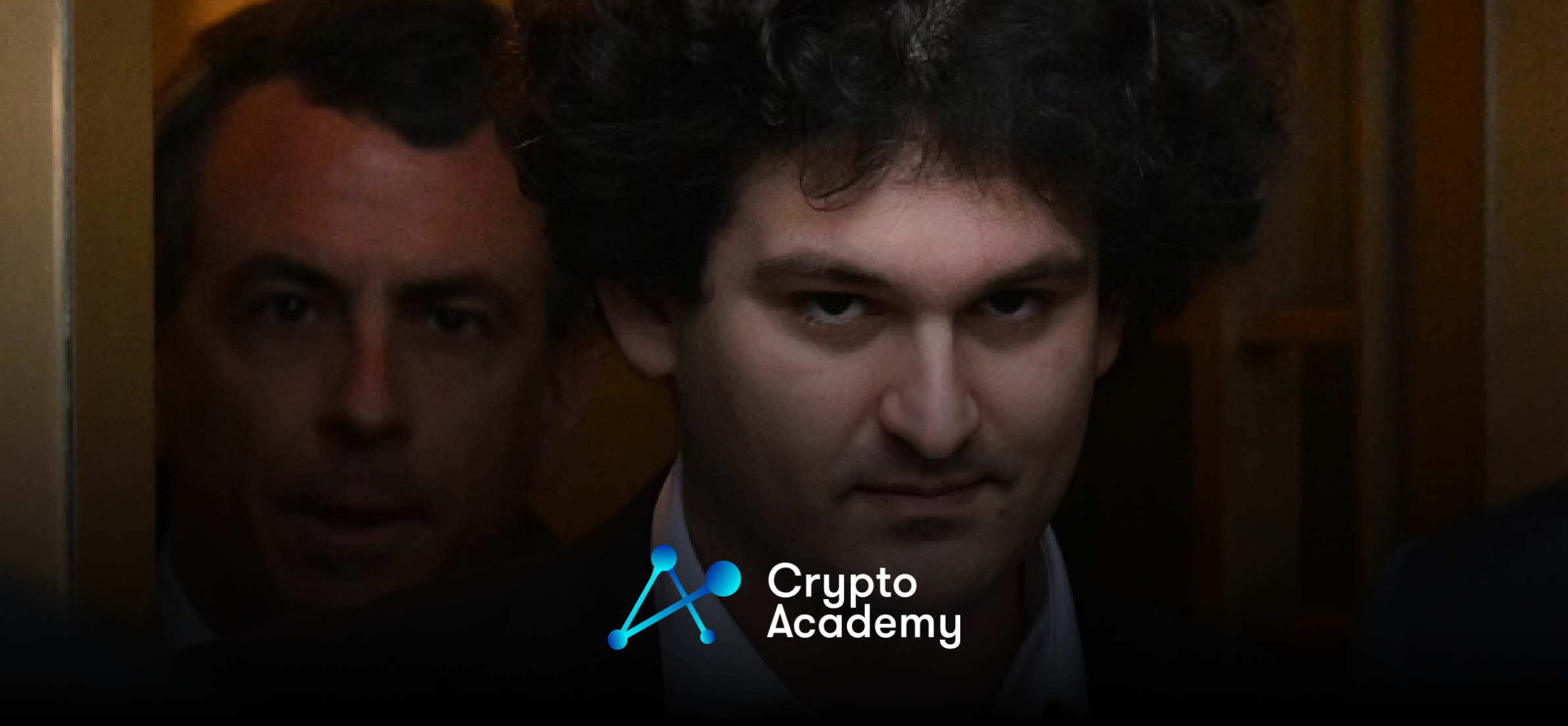Sam Bankman-Fried Found Guilty on Seven Charges

Sam Bankman-Fried, the biggest crypto fraud up to date, was found guilty on Thursday on all charges related to the collapse of his cryptocurrency exchange, FTX. After a swift four-hour deliberation, the federal jury in Manhattan rendered a verdict that marks a dramatic fall from grace for Bankman-Fried, who now faces up to 110 years in prison.
As the co-founder of FTX, Bankman-Fried was accused of orchestrating a complex web of financial deceit, leading to charges that include wire fraud, securities fraud, and money laundering. U.S. Attorney Damian Williams described the scandal as “one of the biggest financial frauds in American history,” underscoring the gravity of a case that has shaken the burgeoning cryptocurrency industry to its core.
The Fall of a Crypto Titan
The verdict arrives almost a year after FTX’s sudden implosion in November 2022, which erased billions of dollars and left countless customers in financial ruin. Central to the prosecution’s case was the revelation that Alameda Research, the affiliated hedge fund of FTX, had misappropriated customer funds, using them to cover risky bets and lavish expenses.
Read More: Inside FTX Collapse: The True Feelings of SBF Revealed
The prosecution painted a picture of a classic Ponzi scheme, wrapped in the novelty of cryptocurrency, with Bankman-Fried at the helm. During the trial, the jury heard from former colleagues at FTX and Alameda who turned state’s witnesses, including former Alameda CEO Caroline Ellison and FTX co-founder Gary Wang, both of whom had already pleaded guilty to related charges.
Despite Bankman-Fried’s defense asserting a lack of fraudulent intent, his frequent claims of memory failure during testimony—140 instances of “I can’t recall,” according to the prosecution—did little to sway the jury. Ultimately, the collective weight of insider testimonies tipped the scales, leading to today’s guilty verdict.
Will Crypto Be Better Off Without Sam Bankman-Fried?
With the Sam Bankman-Fried saga culminating in a guilty verdict, it sparks a deeper reflection on the role of personal responsibility in the largely unregulated crypto frontier. How will this precedent impact the future of cryptocurrency regulation and the ethos of innovation versus accountability within this digital financial realm?

Comments are closed.